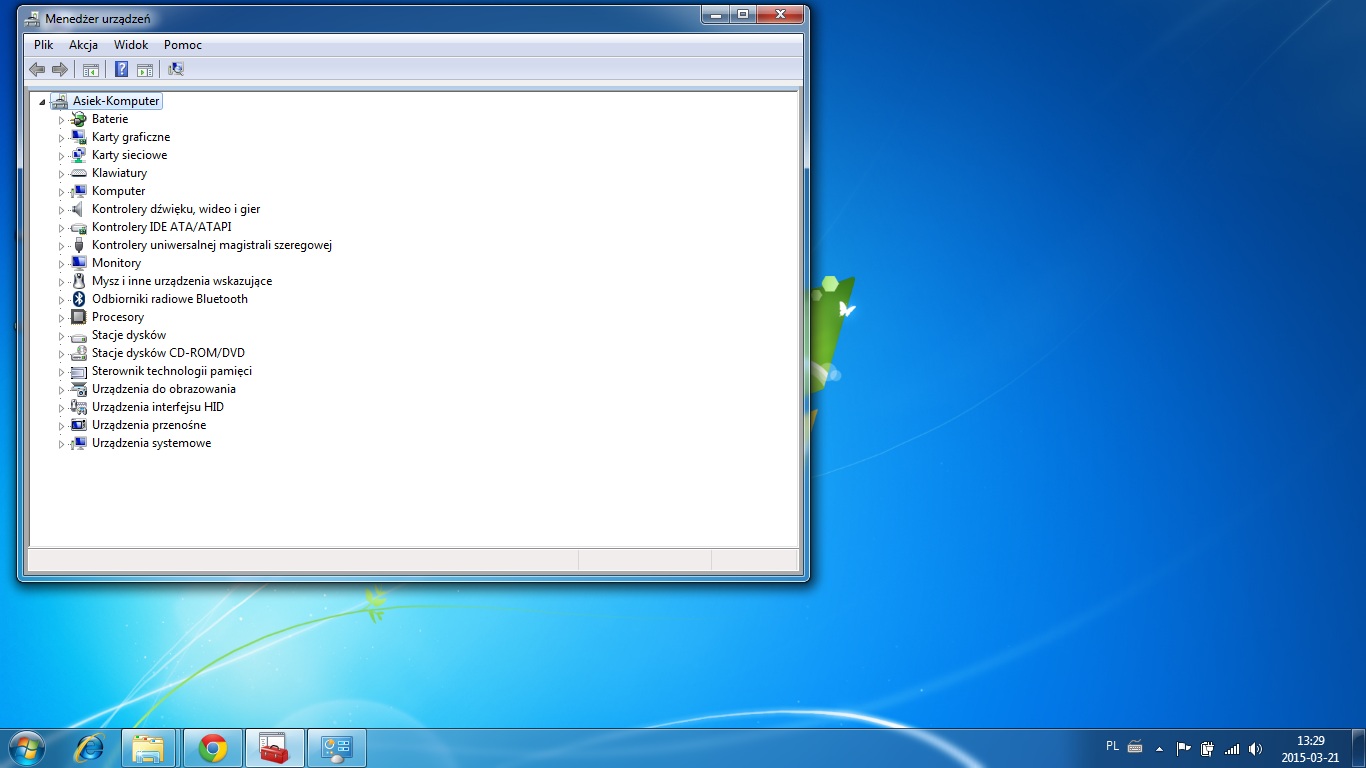Laptops
- Sony Firmware Extension Parser (SFEP) Windows Driver Hardware ID ACPISNY5001.SNY5001 Operating Systems Windows 2000 / XP / Vista / Windows 7 / XP 64-bit / Vista 64-bit / Windows 7 64-bit Download.
- How to to install Sony Vaio ACPI SNY5001 Firmware Extension Parser Driver (SFEP) for Windows 10, 8 and Windows 7.
I need a Win7 driver for my acpi sny5001 windows 10 device.

Leave a comment
Acpi Sny5001 Driver Windows 10 Download
Driver Updates for ACPISNY5001
| ACPISNY5001 Driver Update Utility |
| HP CMD PCI-0646 Bus Master PCI to IDE Controller Driver |
| Intel 82801DB Driver |
| ASUS ATK0110 ACPI UTILITY Driver |
| Intel(R) 6300ESB USB Universal Host Controller - 25A9 Driver |
| ATK0110 ACPI UTILITY Driver |
| Dell Broadcom USH CV w/ Fingerprint Swipe Sensor Driver |
| HP Intel(R) 5 Series/3400 Series Chipset Family 2 port Serial ATA Storage Controller - 3B26 Driver |
| Dell Computer Access Technology Corporation USB Hub Driver |
| Dell Latitude E6430 Driver |
| Maxdata ASUS P5LD2-VM 3.00G Driver |
About Hardware IDs
A device Hardware ID (HWID) is a set of numbers and letters that uniquely identifies any device. For example, different models of Motherboards, Graphics Cards, Printers and Network Interface Cards would have their own unique Hardware ID.
The general format for a Hardware ID is <Bus Type><Vendor ID>&<Device ID>&<Additional IDs>.
The Vendor ID takes the form 'VEN_XXXX' where XXXX is a 4 digit code unique to the manufacturer.
The Device ID format is 'DEV_YYYY' where YYYY is a 4 digit code unique to that manufacturer's device.
Hardware IDs are useful because they help identify the manufacturer and model of every hardware device inside, or attached to, your computer.
Each Hardware ID is assigned to a particular device by the device manufacturer. Windows operating systems such as Windows 10 use the Hardware ID to match to a specific INF file. INF files are used to install the correct device drivers - that's the software that lets your computer communicate with the device in the most efficient manner.
While a particular device driver is associated with specific Hardware ID, that driver may be compatible with other devices as well. In that case, the INF file would identify one or more Hardware IDs as an exact match, and provide a list of Compatible Hardware IDs for that driver. In many cases, the Compatible Hardware IDs will look similar, with the identifier having only minor variations, particularly in the Device ID portion.
How to Install Drivers
Once you download your new driver, then you need to install it. To install a driver in Windows, you will need to use a built-in utility called Device Manager. It allows you to see all of the devices recognized by your system, and the drivers associated with them.
Tech Tip: If you are having trouble deciding which is the right driver, try our Automatic Driver Update Utility. It is a software utility that will find and install the right driver quickly and easily.
Open Device Manager
In Windows 10 & Windows 8.1, right-click the Start menu and select Device Manager
In Windows 8, swipe up from the bottom, or right-click anywhere on the desktop and choose 'All Apps' -> swipe or scroll right and choose 'Control Panel' (under Windows System section) -> Hardware and Sound -> Device Manager
Young jeezy discography. In Windows 7, click Start -> Control Panel -> Hardware and Sound -> Device Manager
In Windows Vista, click Start -> Control Panel -> System and Maintenance -> Device Manager
In Windows XP, click Start -> Control Panel -> Performance and Maintenance -> System -> Hardware tab -> Device Manager button
Install Drivers With Device Manager
Locate the device and model that is having the issue and double-click on it to open the Properties dialog box.
Select the Driver tab.
Click the Update Driver button and follow the instructions.
Acpi Sny5001 4&1c6e6807&0 Driver Windows 10
In most cases, you will need to reboot your computer in order for the driver update to take effect.
Acpi Sny5001 Driver Windows 10 Free
Visit our Driver Support Page for helpful step-by-step videos
If you are having trouble finding the right driver, stop searching and fix driver problems faster with the Automatic Driver Update Utility. Many computer problems are caused by missing or outdated device drivers, especially in Windows 10. If your deskttop or laptop is running slow, or keeps crashing or hanging, there is a good chance that updating your drivers will fix the problem. Automatic updates could save you hours of time.